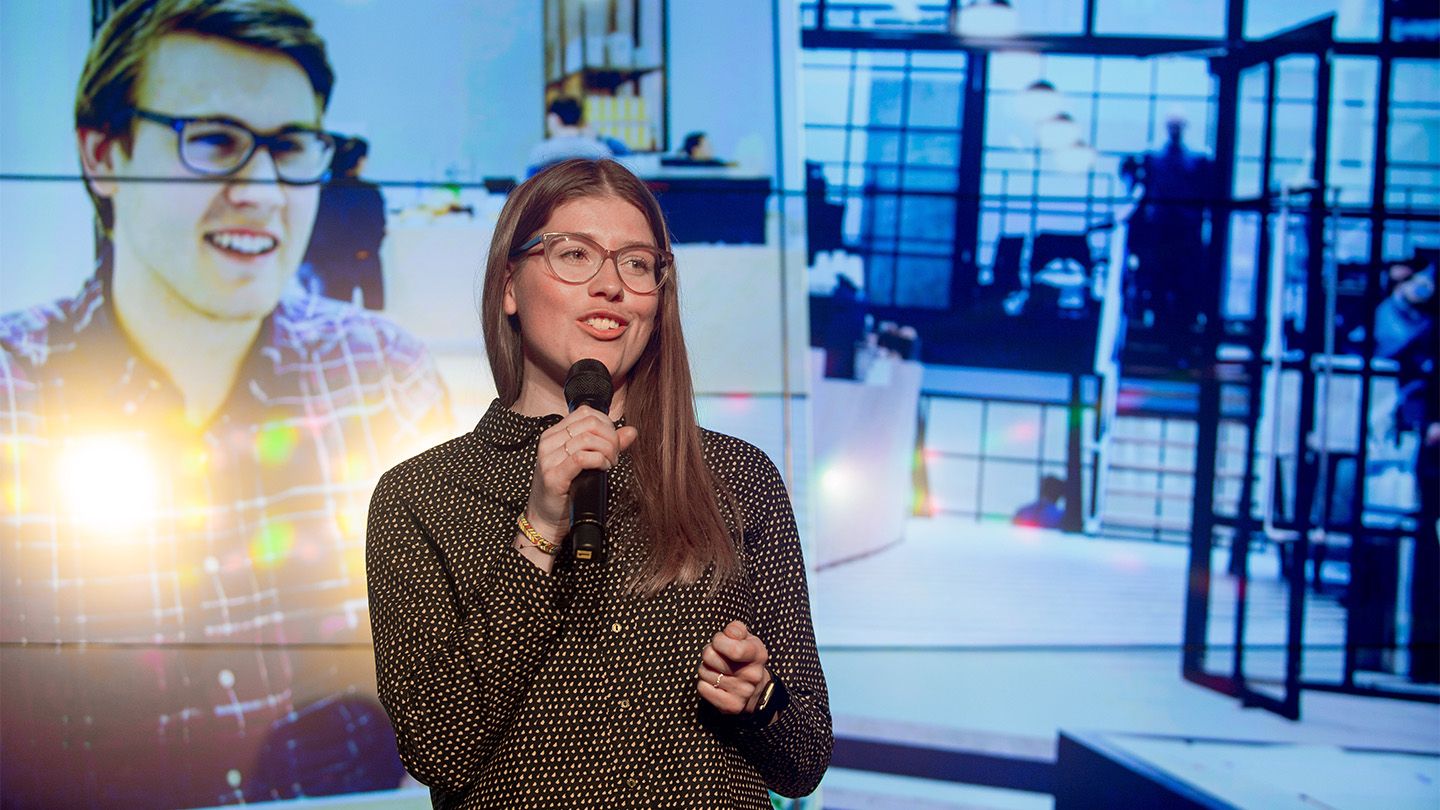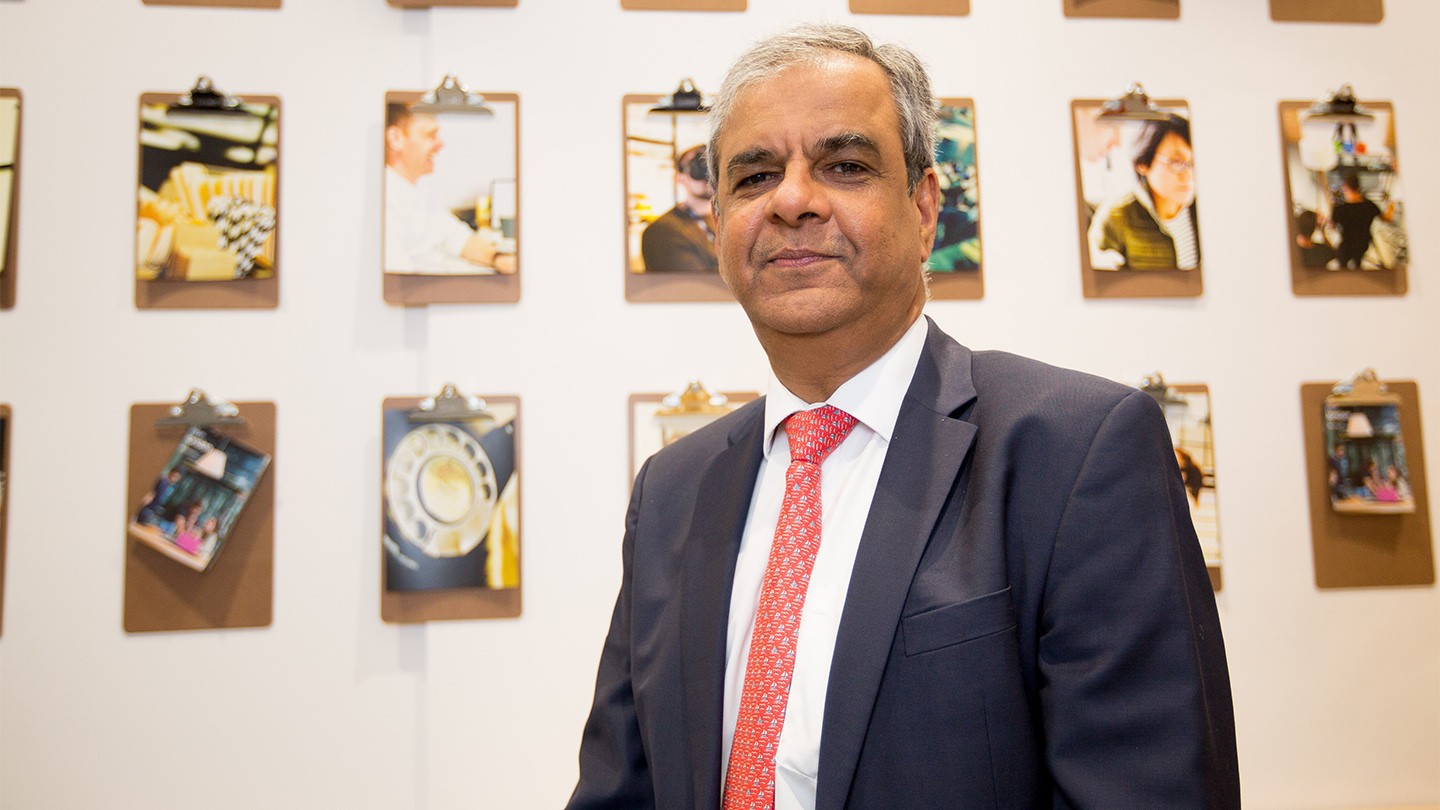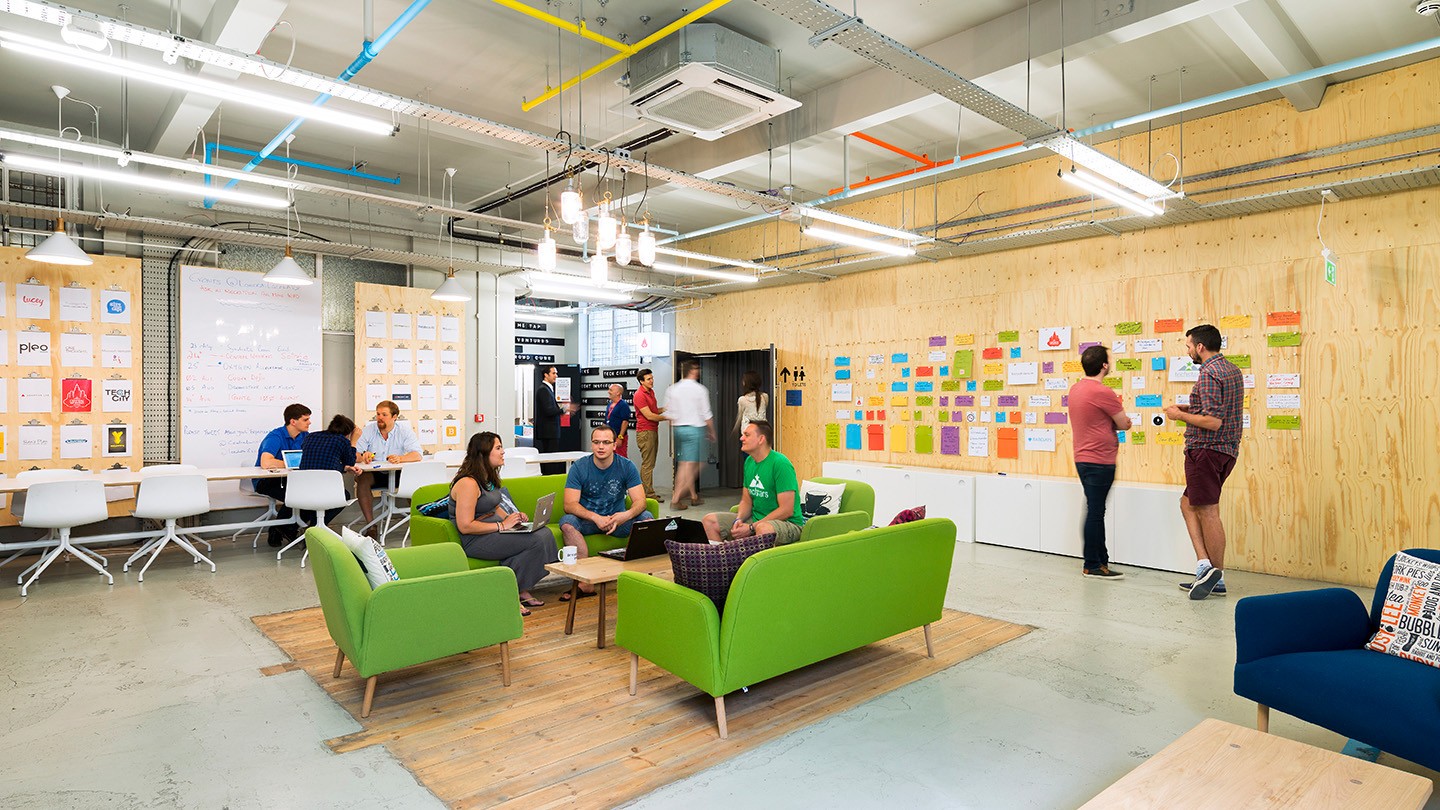
Innovation
“Change is built into Barclays’ DNA”
Barclays’ global network of fintech hubs turned five last week. To celebrate this landmark, Rise members and senior Barclays leaders came together for an online event that took stock of the key moments in the platform’s history, reflected on the role of technology in an “age of instant gratification” – and looked to the future of fintech. Here are six takeaways from the event.
1. Speed is of the essence
Ashok Vaswani, CEO of Consumer Banking and Payments at Barclays set the tone for proceedings by reflecting on the bank’s forward-looking approach in a digital-first “age of instant gratification”. “The good news is we picked up on this trend a long time ago, which gave us a head start,” he told the audience. “Having the Rise facility means we can start thinking about catching the next wave.”
The next generation of innovators who will “help reinvent the bank over, and over again” is key to this forward-looking approach – epitomised by the long-running Barclays Accelerator, powered by Techstars, which sources and grows talented fintech startups. Other initiatives, such as a recent programme in which Rise team members taught girls aged five plus to code, are also key. The children were given the platform to pitch their ideas as part of an effort to later “see this talent come through our doors”, explained Magdalena Krön, Rise Global Fintech Platform Director.
2. A history of firsts
Vaswani said Rise upholds the bank’s long tradition of embracing change, keeping the bank “external looking” and “in touch with what folks are thinking about”. He described how, for Barclays, “there have been so many firsts”, and reminded the audience of the fact that Barclays was the first to launch an ATM, the first to develop contactless cards in the UK and one of the first banks to provide a facility for fintech.
We’ve been around for 328 years. We’ve seen two world wars, the building of railways – we’ve seen it all. Change is built into our DNA
CEO of Consumer Banking and Payments at Barclays

“We’ve been around for 329 years. We’ve seen two world wars, the building of railways – we’ve seen it all. Change is built into our DNA.” For these reasons, Vaswani expressed his confidence in the bank and its network’s ability to adapt post-coronavirus. Krön reflected on how coronavirus had offered the team at Rise a unique opportunity to “continue pushing geographical boundaries and to bring key players together in a new environment”.
3. Coronavirus has made technology personal
Technology has come to permeate every aspect of our lives. For Vaswani, the coronavirus crisis has illuminated why “bringing technology down to the personal is important” – and helped the business world recognise its potential.
He joked that he was forced to learn how to use the Cisco machine sitting on his desk, as well as navigate the different video conferencing platforms. All of this has been a learning process, one which Vaswani described as a “virtuous upcycle as opposed to a downward spiral of being irrelevant and stagnating”. Staying relevant – whether “to your nieces and nephews” or the business world – is a priority, he said.

Culture and mindset is going to make the difference between winners and losers
CEO of Consumer Banking and Payments at Barclays
4. Building a culture of innovation takes more than money
“Culture and mindset is going to make the difference between winners and losers,” Vaswani said. Though, he said, it is believed the financial services industry spends more on technology than the technology sector does, money alone won’t necessarily build a culture of innovation. Vaswani asserted the value of programmes like Rise as “culture definers”. Its cohort of technology “evangelists and preachers” should be credited with setting the tone for what Krön called “curiosity and open-mindedness” throughout the bank.
5. Patience is a virtue
Asked about his advice for startup founders – both on staying inspired during lockdown and looking to the future – Vaswani advised that entrepreneurs “steady their minds” and remember “what gives them energy”. Whether that’s meditation, coding, connecting with clients or watching a movie, returning to those things will help “stay true to your purpose”, he said.
He added that when working with large companies, it’s really important for startups to remember how long the sales life cycle is. In order to try and speed up this process, he suggested startups narrow their focus to “solving a significant pain point” with as little “friction” as possible.
6. Fewer walls, more collaboration
Meghna Suryakumar, Founder and CEO of Crediwatch, spoke as a graduate of the Accelerator programme. Speaking from Bangalore, India, she emphasised how in her early days as an entrepreneur, it was Rise that opened her eyes “to what was going on in the fintech space”.
Dr Hossein Rahnama, Founder of Flybits, a financial services platform to deliver personal experiences for customers, also spoke of his experiences as part of the “unique ecosystem created at Rise”, in both London and New York. He said it was “not having walls” that “gave him the ability to collaborate with entrepreneurs and cross-pollinate with other researchers”. Integrating ideas is key – and facilities like Rise give fintechs the opportunity to do that, all while “having expertise on hand at all times”.